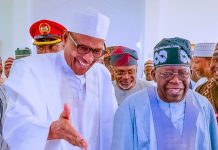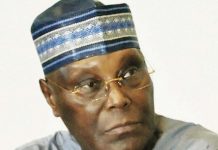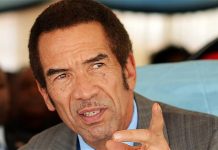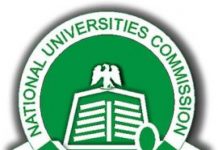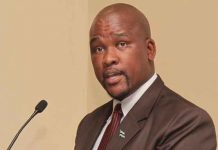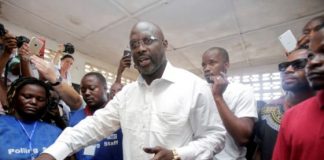The so-called Revenue Allocation formula has become the object of attack. Many people feel that the formula is heavily weighted in favour of the central authority. The federal government in Abuja allocates budgets to the country’s 36 states, many of which do not bother to generate their own resources. Some have become like landlords and rent agents, only content to share what gets to them from Abuja and wait till the next month. They cannot even pay their workforce with what they get, talk more of planning how to beef up infrastructure or attend to other pressing social and economic concerns.
But the issue is not left for the states and their governments. Nigerians of all ethnic groups whether in the North or South believe that fethey have an answer to the country’s problems and cannot wait to be asked to advance the answer. They feel that the way things are run in the country is neither good for them or for the system. Majority of the elite want power to be devolved to the states so that they can hold the politicians accountable.
One of the curious aspects of the current trend is that notable Southwest politicians who have been championing the quest for true federalism are now in the APC, which has since May 2015 become the ruling party. One would have expected that since they are now inside the power room, as against being in the corridors of power, they would openly set the machinery in motion to ensure the devolution of powers to the states and local governments. This will not just entrench true federalism but will also make the burden of the ruling clique much lighter. It will certainly make many people happier.
The National Assembly – made up of two chambers ostensibly elected by the people – have not been able to rise to the occasion. When the important bill on the issue of true federalism was presented to the legislators last July, they chickened out. The bill that contained ways of transferring certain vital powers such as healthcare, electricity generation and regulation, agriculture, railways, stamp duty and education from the federal government to the states was turned into a ball, the type jokers like to play. Most Nigerians, including some legislators who watched the buffoonery in the National Assembly, could not believe how the bill was easily defeated. This happened in the legislature controlled by the APC. In the Senate, for instance, only 46 lawmakers voted in favour of the bill that required 72 to pass.
The explanation by the Senate President that the bill failed to sail through due to the poor information available to his colleagues in the upper chamber was an after-thought. His promise to ensure that the bill will be re-introduced in the chamber, is neither here nor there. That singular failure gave vent to the increase in recent times to the agitations for restructuring and indeed confederation or secession. The agitations have definitely heated the polity and have rendered many moderators totally impotent. In other democracies, it is the legislature that mirrors the mood of the people it represents and seeks ways of working in tandem with the electorate. But in the National Assembly, we have agbada and caftan-wearing people who do not know their left from their right and prefer to ride roughshod over the wishes of the people they represent They see everything in terms of what will accrue to them as material benefits.
But the Senate President, Abubakar Saraki, spoke the truth when he referred to the level of mistrust in both the hallowed chambers of the legislature and the country as a factor. Although he stopped short of saying so, it is no secret that many senators are not intelligent enough to understand the true essence or import of devolution of powers. He did not say what magic would be necessary to get the legislators to monitor the mood of Nigerians and act accordingly when the bill is re-presented in the chamber.
The APC has however woken from its slumber. It has now set up a panel of respectable politicians to come up with the party’s position on true federalism. It says that the recommendations of the panel will be reviewed by the party before the machinery for the implementation will be presented to the federal government. One hopes the powers-that be in Abuja will agree with the outcome of the panel’s work.








